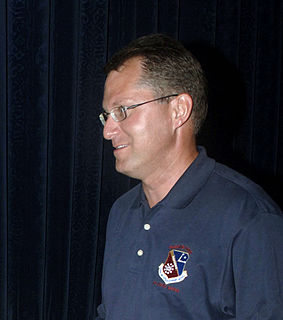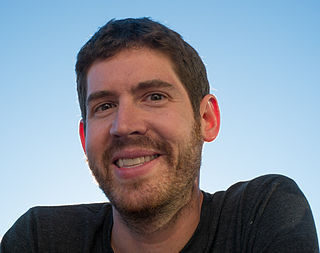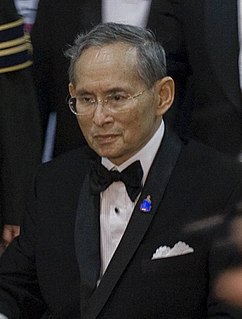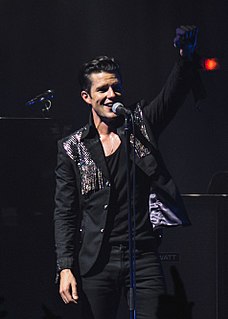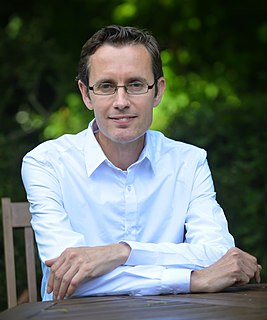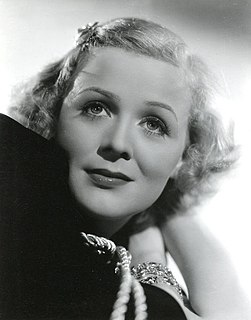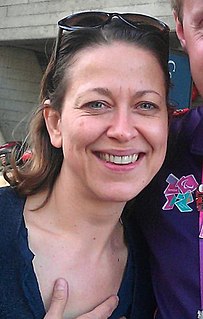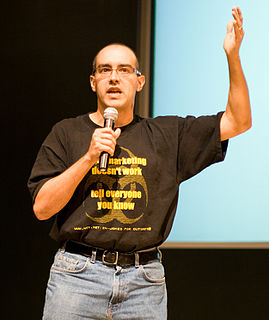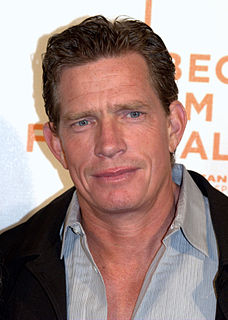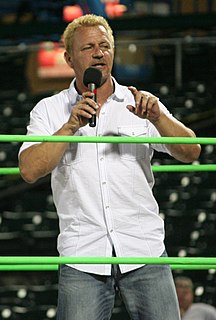A Quote by Malcolm-Jamal Warner
I used to say that it won't be until I'm 40, 50, 60 years old, still working consistently, will I be able to look back on my career and say, 'Wow, I have been successful.'
Related Quotes
Until you have a child, it's very tempting to look at the state of the world and say, "To hell with it, in 50 years I won't be around anyway." But if you have a child you don't say that, because even if you're not around in 50 years, your children presumably will be, and maybe even their children. You think of yourself as responsible to future generations in a whole different way.
People race to achieve everything by a certain age in their life, be it 40, 50 or 60 - but with increasing life spans 50 or 60 might be just the beginning of a new career, or just the point when you begin to get into your stride. There used to be a syndrome of me retiring at 65 and then dying not long after because their life was stripped of meaning, without their work. But these days you may live another 20 or 30 years beyond 65 so you have to figure out where you can make another contribution.
I think my life actually changed at 40. That's when you realize you can't ride the fence anymore. You either have to get on one side or the other. I think some of my best years were between 40 and 50: I got my priorities straight and life is good to me now. It's only other people who say, "God, she's 50 years old!" as if I'm over the hill. I feel like I just started.


